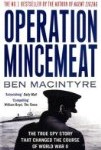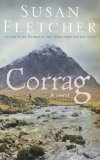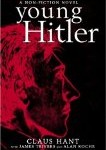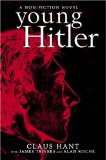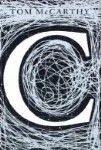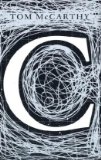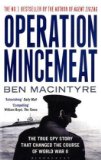
Richard and Judy Winter Read 2010
I don’t have any interest in military history or spy stories so when I saw that Richard and Judy had selected this as one of their Winter Reads I decided to challenge my preconceptions and give it a try. I’m afraid that it hasn’t converted me to into a lover of the genre, but I’m pleased that I gave it a chance.
Operation Mincemeat is a non fiction account of the planning that went into the invasion of Sicily during WWII. It details the deceptions that the British created to persuade German forces that an invasion would take place elsewhere – the plot centring on dropping a dead body into the sea off the coast of Spain with fake invasion plans.
The main problem I had with this book was that the plot was very simple. I was expecting a complex plan with lots of negotiations, spies and double-crossing, but I didn’t find Operation Mincemeat to be particularly cunning or original. It was interesting to see the massive amount of planning that went into this operation, but if this is the most exciting plot in WWII then I definitely don’t want to read any more military history.
This 400 page book was incredibly well researched, but I found many of the details boring. We were told the complete history of every person who was introduced and while some of it was relevant I didn’t care where they went to school or who their parents were.
I’m far more interested in the human side of war and this book lacked emotion. It was well written and readable, but I’d only recommend it to people who have an interest in military history.
Have you enjoyed any military history?
Can you recommend any that I might enjoy more than this one?
